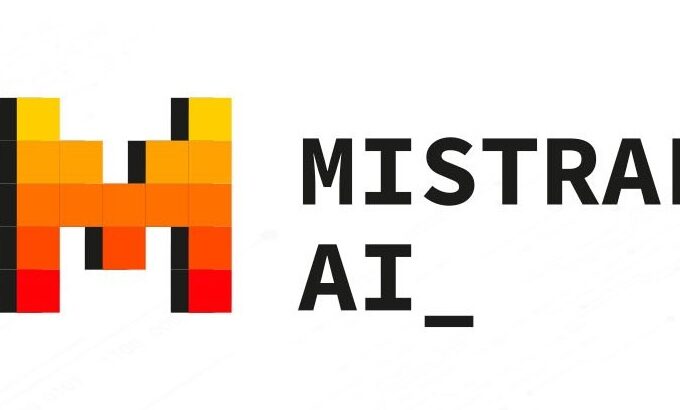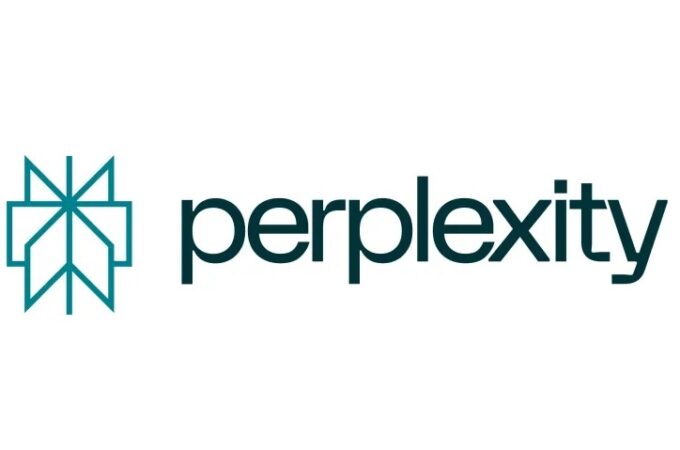
OpenAI Empowers Businesses to Customize GPT-4o
OpenAI, the leading artificial intelligence company, has unveiled a new feature that allows businesses to fine-tune its most advanced language model, GPT-4o, to better suit their specific needs. This move represents a significant shift in the AI landscape, as companies now have the ability to customize the structure, tone, and even the domain-specific capabilities of this powerful AI system.
The introduction of fine-tuning for GPT-4o is a highly anticipated development, especially for developers who have been eager to tailor the model to their unique use cases. Fine-tuning enables businesses to train the model on their own datasets, allowing them to enhance the performance and accuracy of the AI system for their specific applications.
“Developers can now fine-tune GPT-4o with custom datasets to get higher performance at a lower cost for their specific use cases,” explained OpenAI in a blog post. “Fine-tuning enables the model to customize the structure and tone of responses or to follow complex domain-specific instructions. Developers can already produce strong results for their applications with as little as a few dozen examples in their training data set.”
This capability is a game-changer for companies looking to leverage advanced AI technology to streamline their operations, improve customer experiences, and gain a competitive edge. By customizing the GPT-4o model, businesses can ensure that the AI system is better equipped to understand their industry-specific language, respond to complex queries, and even generate code or creative content tailored to their needs.
OpenAI’s move towards AI-as-a-service is further underscored by its recent partnership with media giant Condé Nast. This agreement allows OpenAI to integrate content from Condé Nast’s publications, such as Vogue, The New Yorker, and Wired, into its products, including the upcoming SearchGPT feature. These strategic collaborations provide OpenAI with a wealth of high-quality data to train its language models, enabling them to stay at the forefront of the AI industry.
While fine-tuning introduces new opportunities for businesses, it also raises concerns about data security and privacy. OpenAI has addressed these issues by ensuring that “fine-tuned models remain entirely under your control, with full ownership of your business data, including all inputs and outputs.” The company has also implemented “layered safety mitigations” to monitor the usage of fine-tuned models and ensure compliance with its policies.



